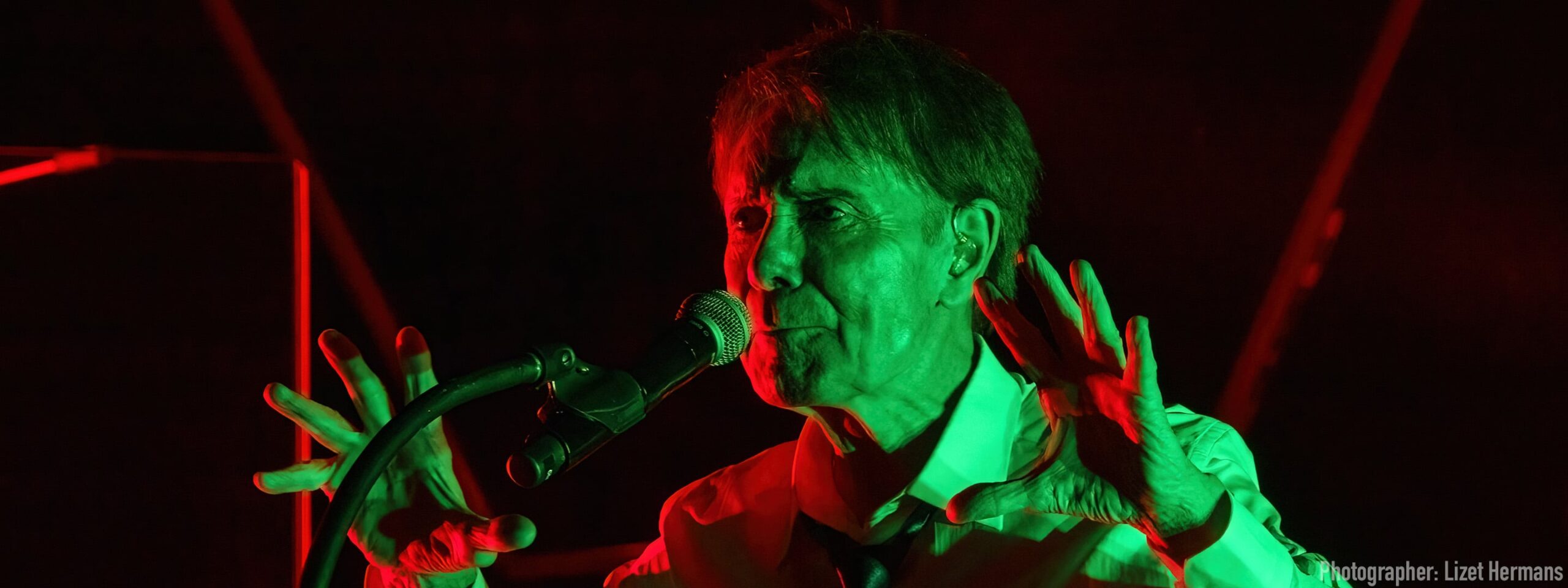
Introduction
The passing of Queen Elizabeth II on September 8, 2022, marked the end of an era in British history. With a reign spanning over 70 years, the Queen became a symbol of resilience, continuity, and national identity. Her influence reached far beyond the borders of the United Kingdom, impacting Commonwealth nations and the world at large. As we reflect on her legacy, it is essential to consider her contributions to modern society and the royal family’s evolving role in it.
Key Milestones in Her Reign
Queen Elizabeth II ascended to the throne in 1952, becoming the youngest monarch in British history at that time. Her coronation drew an audience of millions both in person and on television, ushering in a new age of monarchy that embraced modern communication. Throughout her reign, she witnessed a time of significant change, including the decolonisation of Africa, the Cold War, and technological advancements that transformed the way the British monarchy engaged with the public.
During her tenure, the Queen was a steadfast figure during times of political unrest and societal change. Her steadfastness was particularly evident during periods such as the Troubles in Northern Ireland and the response to the COVID-19 pandemic, where her heartfelt address to the nation offered solace and unity.
The Royal Family’s Role Today
Following the Queen’s passing, the royal family has been under scrutiny to adapt to the modern world while honouring its traditions. King Charles III, her successor, faces the challenge of maintaining public interest and relevance as he navigates issues of sustainability, inclusivity, and global engagement. The King has expressed intentions to reduce the monarchy’s size and align it more closely with contemporary society, suggesting a willingness to evolve amidst changing public sentiment.
Conclusion
The legacy of Queen Elizabeth II is multifaceted, characterised by unwavering duty, ceremonial splendour, and a commitment to serving the nation and the Commonwealth. While the monarchy faces numerous challenges ahead, the foundation laid by her leadership continues to influence British society and its values. As her life and reign are commemorated, they remind us of the importance of stability in times of change and the enduring nature of the monarchy in British life. The future of the monarchy will undoubtedly look to her example as it continues to adapt and flourish in the modern era.
You may also like

The Enduring Legacy of Cliff Richard
